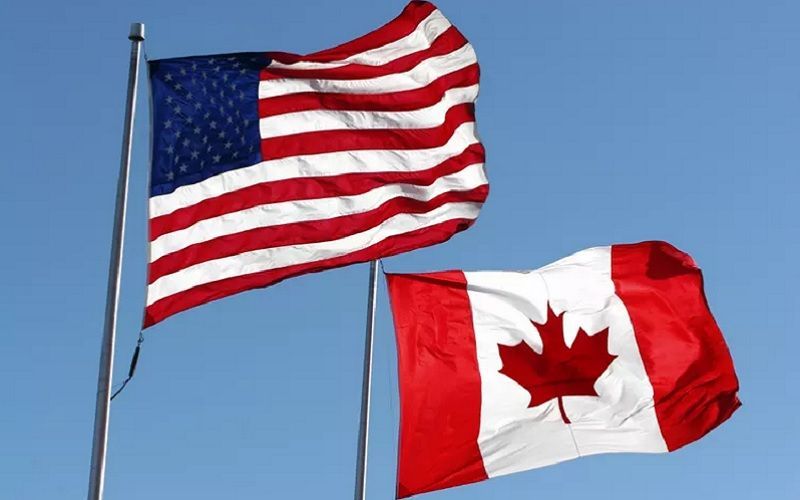Canadian Farm Groups Speak Out on U.S. Tariffs
Sourse: en.edairynews.com
Canadian agriculture organizations are voicing concerns over potential U.S. tariffs, emphasizing management over retaliation.

Canadian farming organizations, including the Canola Council of Canada, are expressing apprehensions about potential U.S. tariffs on Canadian goods. These groups, rather than focusing on retaliation, are highlighting the need to first manage tariffs effectively.
Chris Davison, CEO of the Canola Council, signals a cautious "wait and see" approach, emphasizing the avoidance of impact on the canola industry should the Canadian government proceed with retaliatory measures. He notes that tariffs introduce unpredictability, hinder planning, and could elevate costs, stressing the intertwined nature of the Canadian and U.S. agricultural industries.
Chris Davison stated, "If we were faced with tariffs, and if the (Canadian) government were to decide to proceed with retaliatory tariffs, obviously we would want that done in a way that minimizes the impact on the canola industry." Agricultural figures like David Wiens from Dairy Farmers of Canada and the Canadian Pork Council echo similar sentiments. They stress the risks tariffs pose to supply chains and the agricultural sector's reliance on imports. Davison highlighted planning disruptions, mentioning that many farmers are considering planting less canola in response to tariffs and fluctuating crop prices.
Despite the challenges, Canadian agriculture remains committed to maintaining strong trade relations and exploring collaborative solutions with the government and industry partners.
The United States is experiencing a significant boost in dairy exports to Canada, with the latest trade data showing sales of cheese, butter, whey and other products rising 67%, from C$525 million in 2021 to C$877 million in 2024.
Chris Davison, CEO of the Canola Council, signals a cautious "wait and see" approach, emphasizing the avoidance of impact on the canola industry should the Canadian government proceed with retaliatory measures. He notes that tariffs introduce unpredictability, hinder planning, and could elevate costs, stressing the intertwined nature of the Canadian and U.S. agricultural industries.
Chris Davison stated, "If we were faced with tariffs, and if the (Canadian) government were to decide to proceed with retaliatory tariffs, obviously we would want that done in a way that minimizes the impact on the canola industry." Agricultural figures like David Wiens from Dairy Farmers of Canada and the Canadian Pork Council echo similar sentiments. They stress the risks tariffs pose to supply chains and the agricultural sector's reliance on imports. Davison highlighted planning disruptions, mentioning that many farmers are considering planting less canola in response to tariffs and fluctuating crop prices.
Despite the challenges, Canadian agriculture remains committed to maintaining strong trade relations and exploring collaborative solutions with the government and industry partners.
The United States is experiencing a significant boost in dairy exports to Canada, with the latest trade data showing sales of cheese, butter, whey and other products rising 67%, from C$525 million in 2021 to C$877 million in 2024.
Key News of the Week









